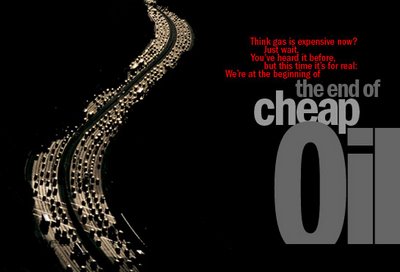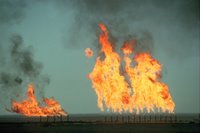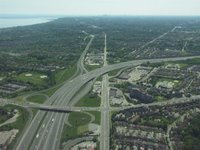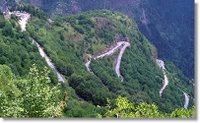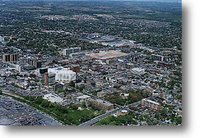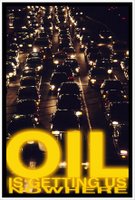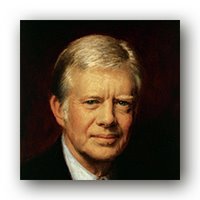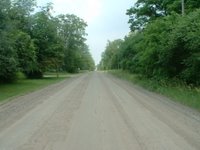
Physicist (Astro-physicist?) Stephen Hawking gave a speech in Hong Kong a little while back in which he said "It is important for the human species to spread out into space for the survival of the species. Life on Earth is at the ever-increasing risk of being wiped out by a disaster, such as sudden global warming, nuclear war, a genetically engineered virus or other dangers we have not yet thought of."
He was then a guest "questioner" on Yahoo Answers, which apparently has been publicizing their service by having people like Hawking, Al Gore and Bono ask big questions on the site for the general public to answer. Hawking's question was - "In a world that is in chaos politically, socially and environmentally, how can the human race sustain another 100 years?"

So what does it mean that Hawking, who is arguably the Einstein of our era, is recommending a "Great Escape?" That he's saying we've doomed the planet and that we better find a way to live in space - SOON - if the human species is to survive?
Well, it probably means that we're doomed.
Here are two stories that came out recently that prove we're doomed:
Ontario Hydro today said that while people are receptive to the "conserve energy" message, they generally don't, because it means inconveniencing themselves. I wonder if the word "inconveniencing" was used deliberately by the Hydro spokesman, as a reference to Al Gore's recent movie.
The other one is a Globe and Mail article by Margaret Wente which I mentioned briefly yesterday, and which annoys me more and more as the day passes. Generally, she's saying that because there are no transportation alternatives as good as the car, people will refuse to switch to public transportation. And, if people refuse to switch, then let's find ways to make driving easier.
This is her first paragraph: "The other day, as I drove to my exercise class (yes, yes, I know there's a contradiction there), people on the radio were telling me to take the TTC. There was a smog alert, and I was contributing to the problem. But it's next to impossible to get to my class by bus, so I drove."
This is what she thinks the poor should do: "As for lower-income people -- supposedly the main beneficiaries of public transit -- they have an alternative, too. It's called used cars."
Conserving energy being too inconvenient, and a major newspaper editorialist recommending we just do more of the same to solve transport problems, make me think of Easter Island, which I wrote about last month. That civilization happily ruined their natural environment due to tradition, and we're doing it out of laziness.
We know better than this. We've known for nearly 30 years. Read Jimmy Carter's 1977 speech regarding energy conservation.
"We must not be selfish or timid if we hope to have a decent world for our children and grandchildren.
We simply must balance our demand for energy with our rapidly shrinking resources. By acting now, we can control our future instead of letting the future control us."
But are the Jimmy Carters, Al Gores, David Suzukis listened to? No, because we're too lazy, and because the poor can still afford to buy used cars.
Here's what we're going to lose:

And here's Carl Sagan on our Pale Blue Dot.
"Our planet is a lonely speck in the great enveloping cosmic dark. In our obscurity -- in all this vastness -- there is no hint that help will come from elsewhere to save us from ourselves. It is up to us."


